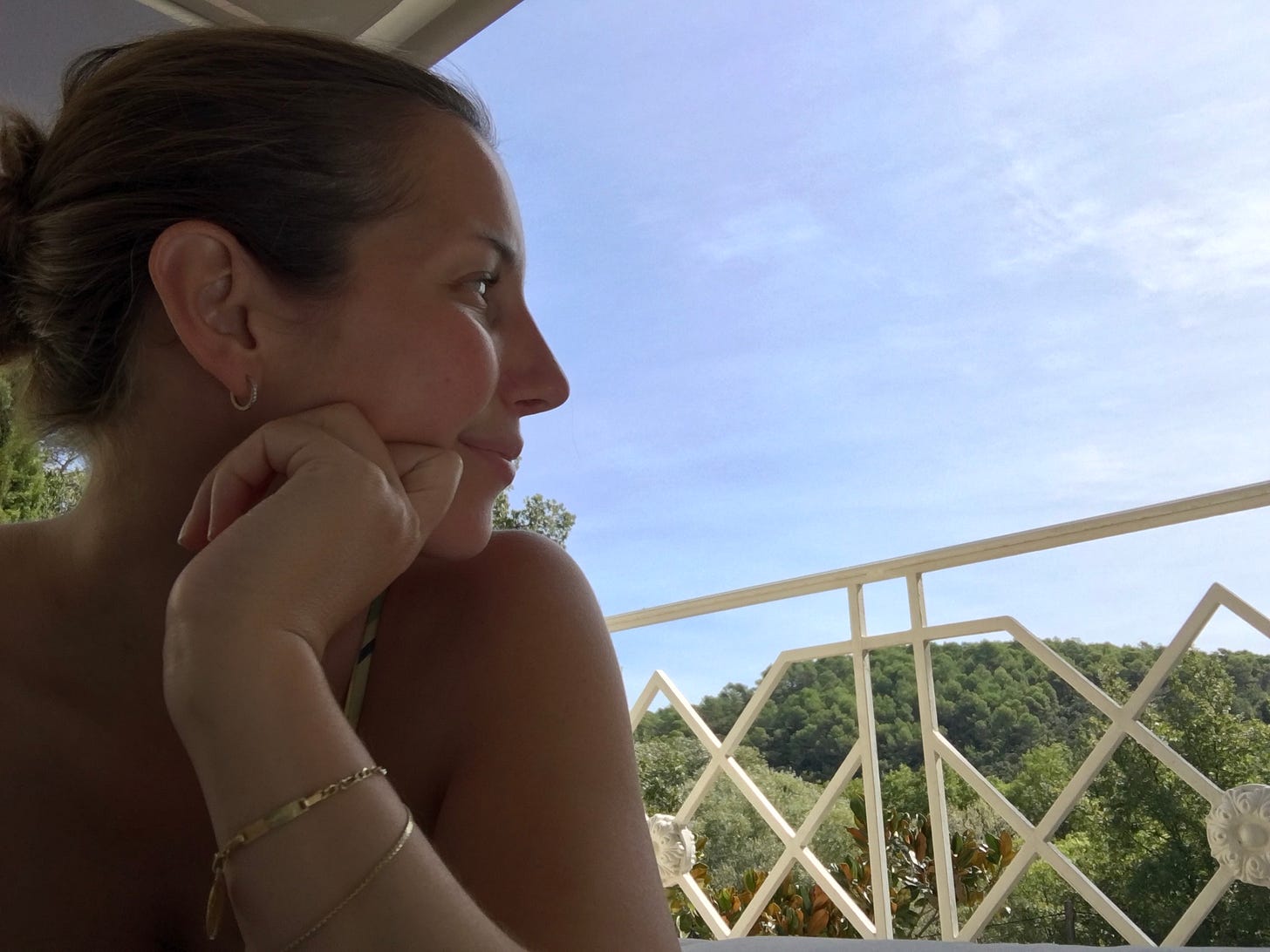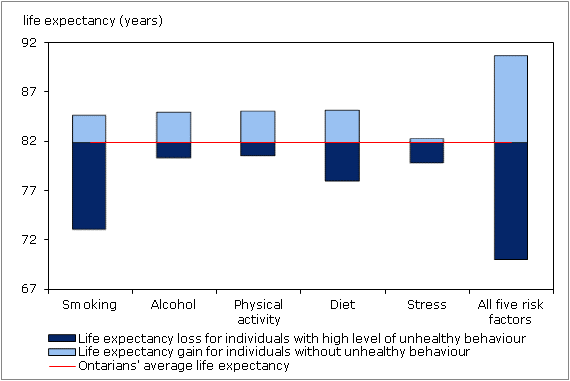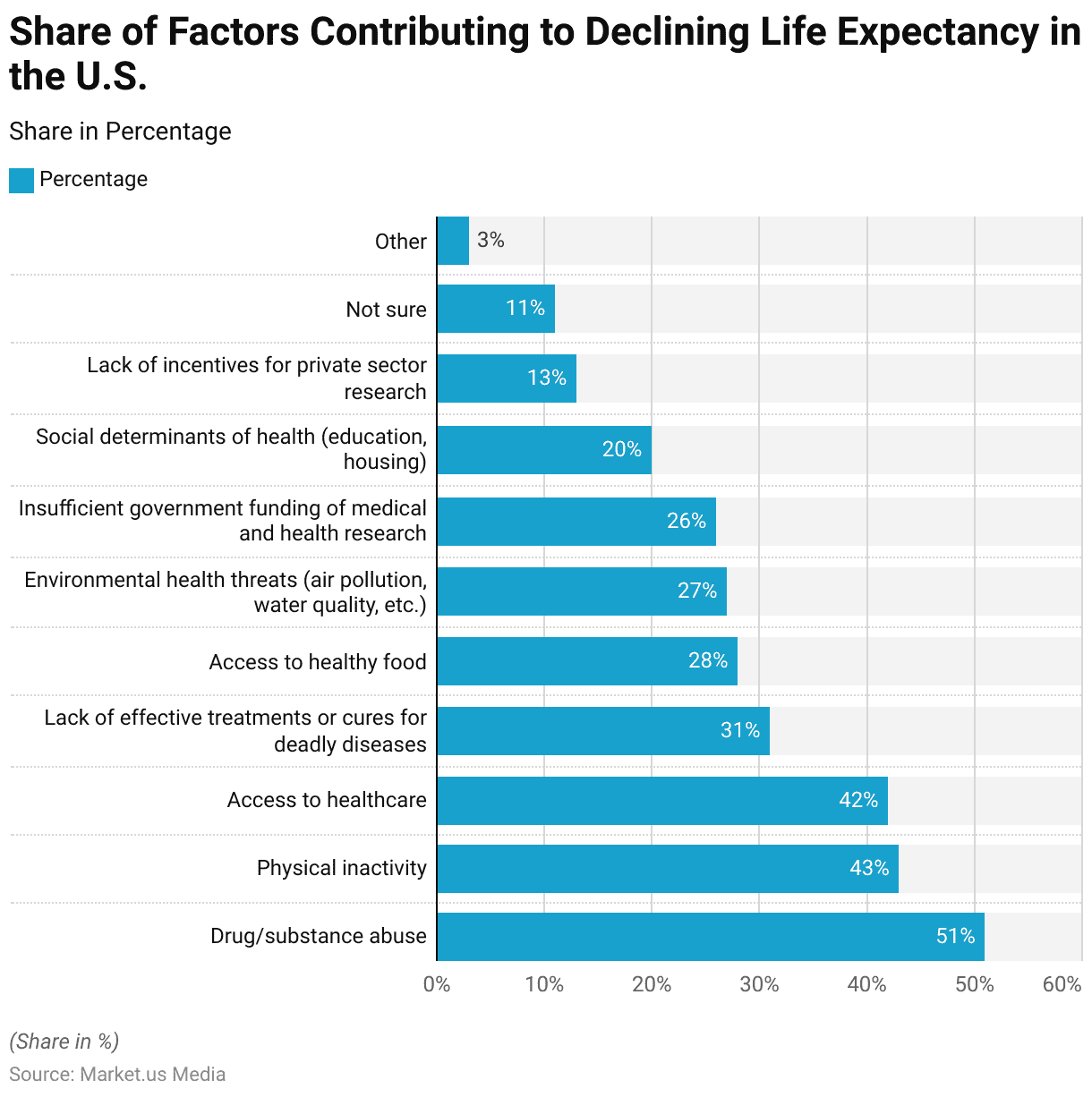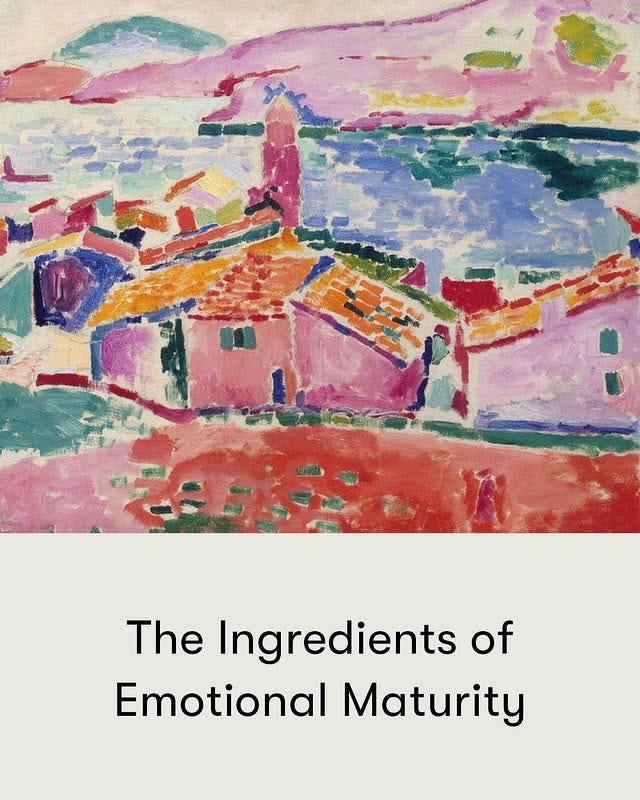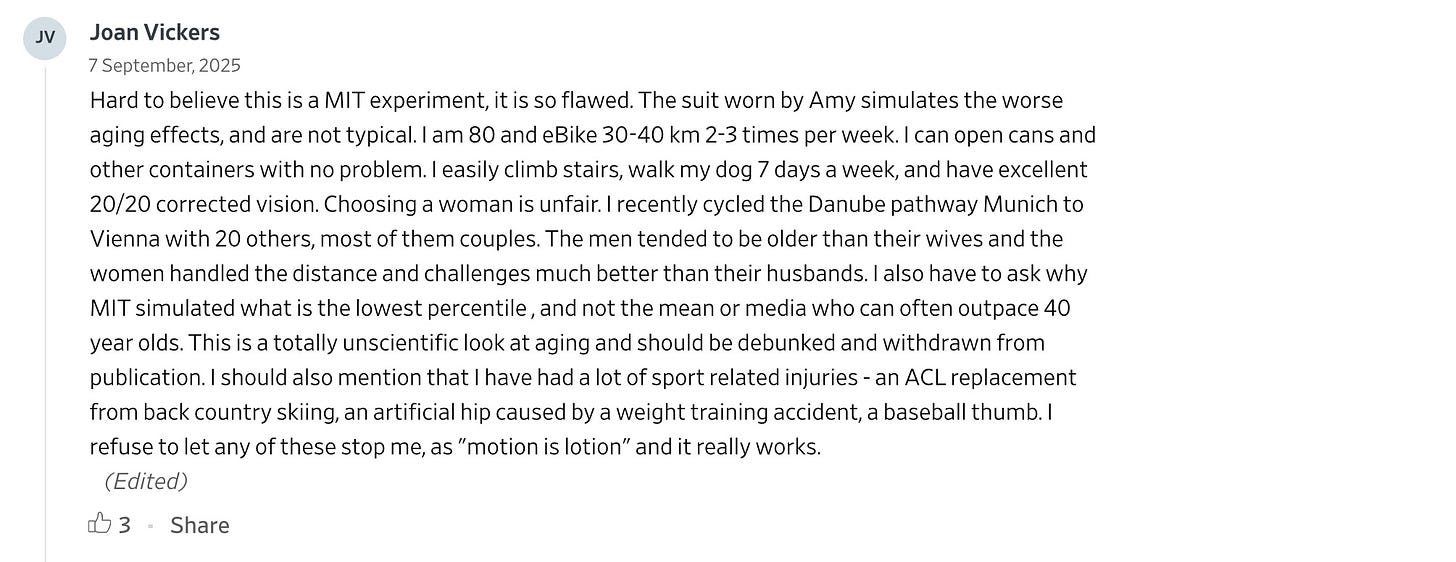Choosing between longevity and happiness.
+ Ashwagandha investigated for its healthspan effects.
I started this newsletter at 5am (insomnia), then had breakfast, spent some time in the sun, played with my niece, and finally getting around to sending it. I spent the first 28 years of my life sleeping like a baby, so I’m not too bothered by my lack of sleep. Either I used up all of my sleep allowance, or my work feels too exciting and subjectively urgent. I recently delivered the first draft of my first paper as a doctoral researcher. In a few months time, we’ll know if it’s going to be published at an A1 international conference. Despite it being a drop in the ocean, it’s pretty much everything I’ve longed for since I was 17: to help build a world I want to grow old in. I’ll be proposing a new product development theory and framework that we hypothesise may increase age-inclusivity in technology and artificially intelligent products and services.
In today’s newsletter:
Do we have to choose between happiness or longevity?
Would you get a biosensor implanted?
Dietary supplements don’t work for longevity, so scientists are turning to herbal medicine with one already making headlines in research. (Below paywall)
New research just irrevocably debunked fasting and gives specific eating window for best health- and lifespan result. (Below paywall)
Enjoy reading.
News
Does denying ourselves things like chocolate and wine shorten our lives? An endocrinology professor raises the point that small bursts of happiness can be more healthy than spending hours in the gym. Is this true?
Yes, happiness is associated with lifespan. However, new research proves it’s not that clear-cut. ‘Happy people live longer because they’re healthy’ is the title of the most recent study. I’ve read through the paper and the consensus is that the correlation comes down to the following:
Happiness means less stress and better mental health, which means less depression and the ability to curb escapism behaviour such as smoking and drinking. (Smoking is correlated to unhappiness and significant life expectancy loss.)
The correlation disappears when the data is corrected for self-reported scores, which means that how happy we feel is more important than how happy we objectively are.
So the better advice may be: focus on your mental health and curb escapism behaviours (including smartphones and screens). So I guess it’s: have the piece of chocolate and go to the gym?
PS. Thank you to Daanish for this reader contribution.
The School of Life launches quiz: how emotionally mature are you? In a world filled with political strife, democratic unrest and the increasingly violent nature of dispute resolution, it might be cool if we’d wonder whether we’re maturing or just getting older?
Should we start preparing for being in our 70s and 80s, or is the modern world badly designed? WSJ journalist spends a day in an age-simulation suit. Her most poignant finding, in my opinion, is not physical load, but the cognitive load of making good decisions in a busy, complex society. For example: the traffic sign shows you have 10 more seconds of green pedestrian light. You’re not as fast, you have to watch out for bumps and ditches in the road, and your vision isn’t what it used to be. Do you cross?
One of the commenters calls the experiment flawed and ridiculous and she makes really great points. Maybe it shouldn’t be called an age-simulation suit as much as a simulation of empathy and health deterioration regardless of age. My main question would be why the journalist doesn’t critique a world designed as so exclusionary of people who can’t reach things, see things or understand things. Then again, I may be biased because of my PhD. Yet in a world led by billionaire AI founders buddying up to presidents and policy makers, we may wonder if the world’s products and services are being designed by, and inadvertently for, the advanced 20%? Human adaptation has its limits, and the number of people who can adapt is rapidly decreasing.
Would you wear a biosensor under your skin that measures your inflammation by blood proteins in real time? I certainly would.
GQ claims that creatine supplements reverse the effects of sleep deprivation and stress.



